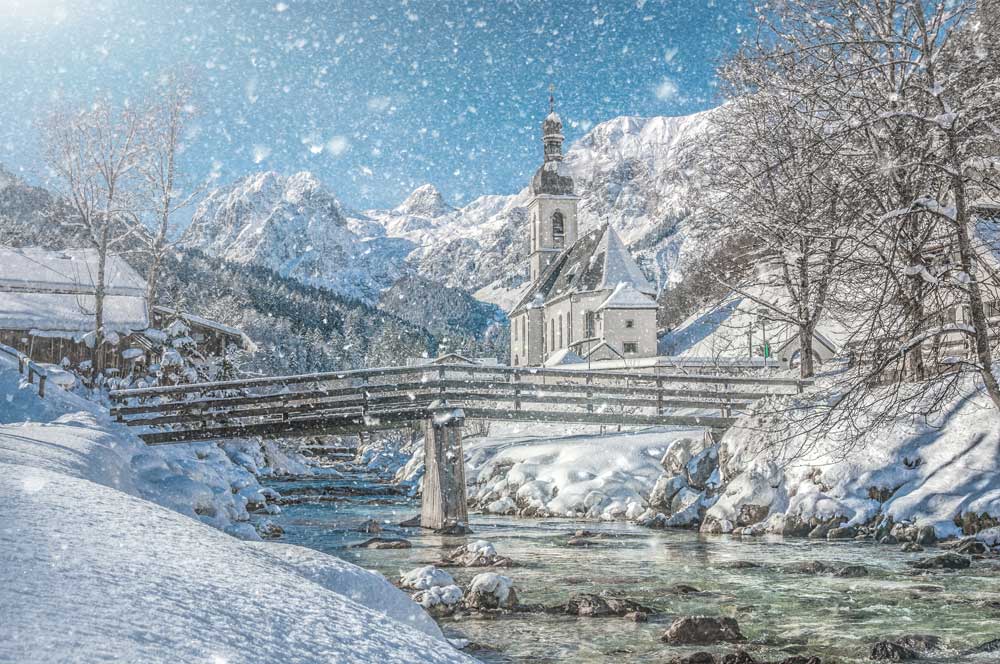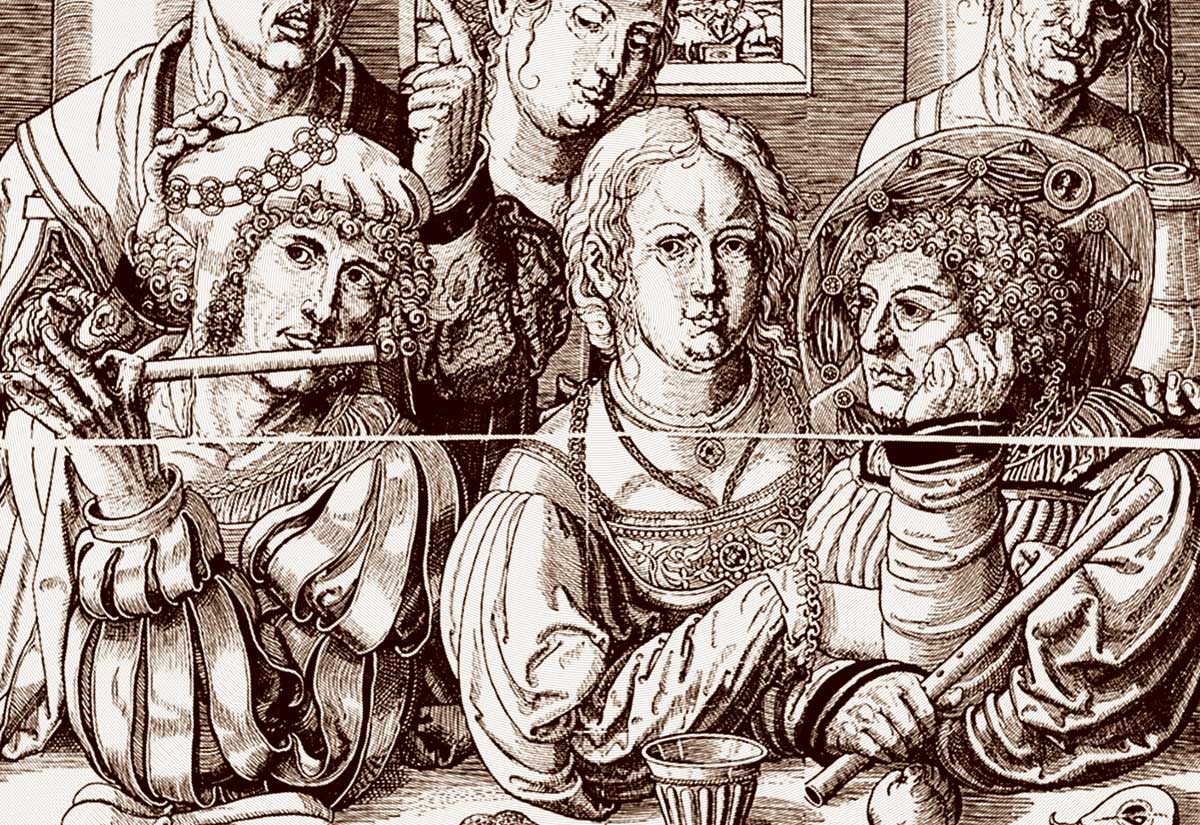Feature
Of Caesar’s Household
Multiculturalism & the Christian’s Multiple Identities
After a historical epoch dominated by mono-causal explanations of civilization, a time when Darwin, Marx, and Freud traced most human achievements to biological necessity, economic interest, or sexual repression, reductionism—the habit of tracing spiritual and artistic expressions to physical or material circumstances—no longer looks as plausible as it once did.
Contemporary believers are especially sensitive to the efforts of scholars to explain something as noble and uplifting as faith as simply the function of a basic physical urge, social conditioning, or psychological need. Students of religion who are sympathetic to faith are much more inclined to speak of belief as an independent variable that may influence human motives or cultural expressions as much as, if not more than, biological, economic, or psychological circumstances.
Of course, reductionism is not entirely vanquished. The politics of identity that has shaped many of America’s most important political debates since the legislation of the Great Society continues to nurture it. During the 1960s and 1970s the holy trinity of race, class, and sex dominated academic investigations of American society while also providing Democrats and Republicans with strategies for winning at the ballot box.
Lately, class has lost some of its use as a definer of identity, thanks to the ascendancy of sexual orientation. But the power of the politics of identity shows no signs of abating, and one significant reason is the addition of faith to the list of essential identities that cannot be explained away as the expression of some more fundamental factor.
Quite plausibly, to counter secular explanations that seek to reduce religion to material first-causes, apologists for Christianity insist that faith is as basic to human identity and motivation as class, race, sex, and sexual preference.
Liberalism’s Abstraction
The reaction of those who hold certain parts of their identity dear, believers included, is understandable as a response to modern liberalism’s demands for objective and neutral grounds for political participation. The basis for modern political participation has been an understanding of the person as abstractly human, stripped of the accidents of blood, land, or creed.
Multiculturalism was an understandable reaction against such a cookie-cutter approach to the person. Liberalism could not take (because it was expressly prohibited from taking) account of personal idiosyncracracies such as kinship, family, race, region, creed, income, sex, or sexual preference.
The recognition of liberalism’s inadequacy in handling particular aspects of personal identity came relatively late in the politics of identity. Some believers take liberalism’s disdain of faith personally, as if liberalism is inherently anti-religious. But even if applied inconsistently, liberalism’s disregard of the personal is no more hostile to faith than to race, class, sex, or sexual orientation.
Even so, the cost of political participation to religion seems excessively high to many American Christians, and this helps explain the rise of the Religious Right specifically but also the emergence of “values voters.” For them, faith is a personal experience so total that it necessarily transforms a person’s most basic dispositions and motivation, thus contradicting liberalism’s demand for a neutral or impersonal political self.
D. G. Hart works for the Intercollegiate Studies Institute (www.isi.org) and is an elder in the Orthodox Presbyterian Church. He is the author of A Studen't Guide to Religious Studies (ISI Books) and John Williamson Nevin: High Church Calvinist (P&R Books).
subscription options
Order
Print/Online Subscription

Get six issues (one year) of Touchstone PLUS full online access including pdf downloads for only $39.95. That's only $3.34 per month!
Order
Online Only
Subscription

Get a one-year full-access subscription to the Touchstone online archives for only $19.95. That's only $1.66 per month!
bulk subscriptions
Order Touchstone subscriptions in bulk and save $10 per sub! Each subscription includes 6 issues of Touchstone plus full online access to touchstonemag.com—including archives, videos, and pdf downloads of recent issues for only $29.95 each! Great for churches or study groups.
Transactions will be processed on a secure server.
more from the online archives
calling all readers
Please Donate
"There are magazines worth reading but few worth saving . . . Touchstone is just such a magazine."
—Alice von Hildebrand
"Here we do not concede one square millimeter of territory to falsehood, folly, contemporary sentimentality, or fashion. We speak the truth, and let God be our judge. . . . Touchstone is the one committedly Christian conservative journal."
—Anthony Esolen, Touchstone senior editor









